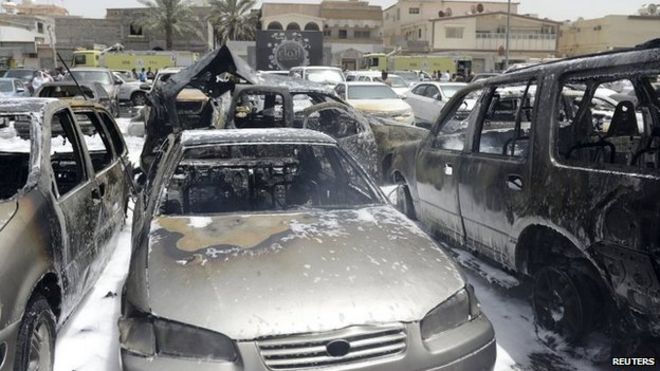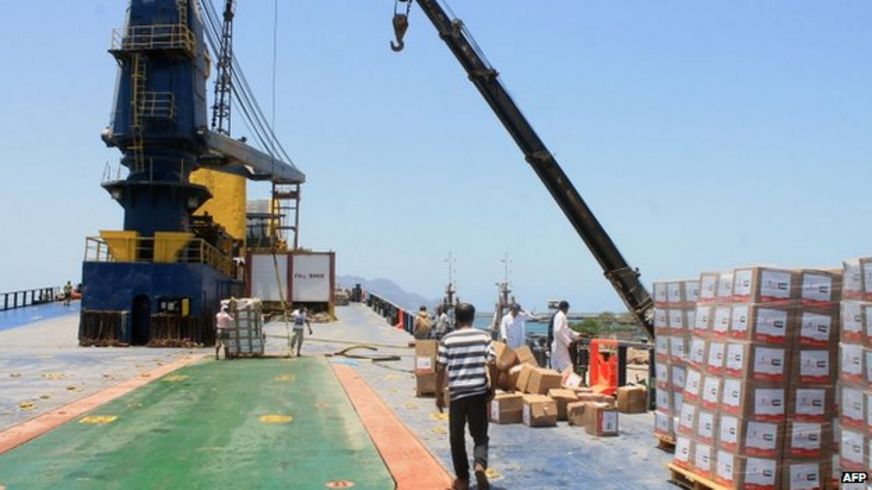By Brittani Howell
Impunity Watch Reporter, the Middle East
SANA’A, Yemen – On Sunday, a family member of two Yemeni men killed by a US drone strike filed a lawsuit against the United States seeking the deaths be acknowledged as unlawful. Monetary compensation is not sought; rather the families want a public apology.

In April, US President Obama publicly apologized for an inadvertent airstrike in Pakistan that killed two hostages, one American and one Italian. The lawsuit questions why, “the President has now admitted to killing innocent Americans and Italians with drones; why are the bereaved families of innocent Yemenis less entitled to the truth?”
The two men were killed in August 2012 by Hellfire missiles. Salem bin Ali Jaber, a cleric, and Waleed bin Ali Jaber, a traffic police officer, met with three young men the day they were killed. The US never publically acknowledged that the three young men were al-Qaeda members, but the operators appeared to have evidence that they were members of al-Qaeda and assumed the other two, Salem and Waleed, were too.
Days before the attack, Salem bin Ali Jaber, had given a sermon speaking against the beliefs of al-Qaeda. When the young men asked to see him after the service, family members sent them away fearing the young men were from al-Qaeda and thought the men were upset with the sermon. Salem agreed to meet the men the day of the incident and Waleed went along for protection.
The lawsuit was filed in United States Federal District Court by Faisil bin Albi Jaber with the assistance of the human rights group, Reprieve. Fasil bin Albi Jaber was the brother-in-law of Salem and the uncle of Waleed. Faisil bin Albi Jaber, filed suit as next of friend, in place of immediate family members, because he was in a better position to bring a lawsuit.
According to the Bureau of Investigative Journalism, 423 civilians have been killed as a result of President Obama’s drone strike program. Mr. Jaber’s lawyer commented, “Not only were his two relatives among the hundreds of innocent civilians who have been killed by this misguided, dirty war – they were the very people we should be supporting.”
Last year, the Yemeni government compensated the families of Salem and Waleed with $155,000, which Reprieve states was from the United States government.
Letta Taylor, a senior researcher on terrorism and counter-terrorism for Human Rights Watch stated, “It’s shocking that family members would have to take a request as basic as an acknowledgement of death of loved ones to a court almost halfway around the world, simply because they aren’t American.”
For further information, please see:
New York Times- Families of Drone Strike Victims in Yemen File Suit in Washington – 8 June 2015
Reuters- Yemeni Families sue US, Allege ‘Wrongful Deaths’ From Drone Strike- 8 June 2015
The Guardian – Yemen Drone Strike Lawsuit Forces US to Face Non-Western ‘War on Terror’ Victims – 8 June 2015
The Independent – Family of US Drone Strike Victims Files Lawsuit Demanding President Obama Apologize for Yemen Killings – 8 June 2015


